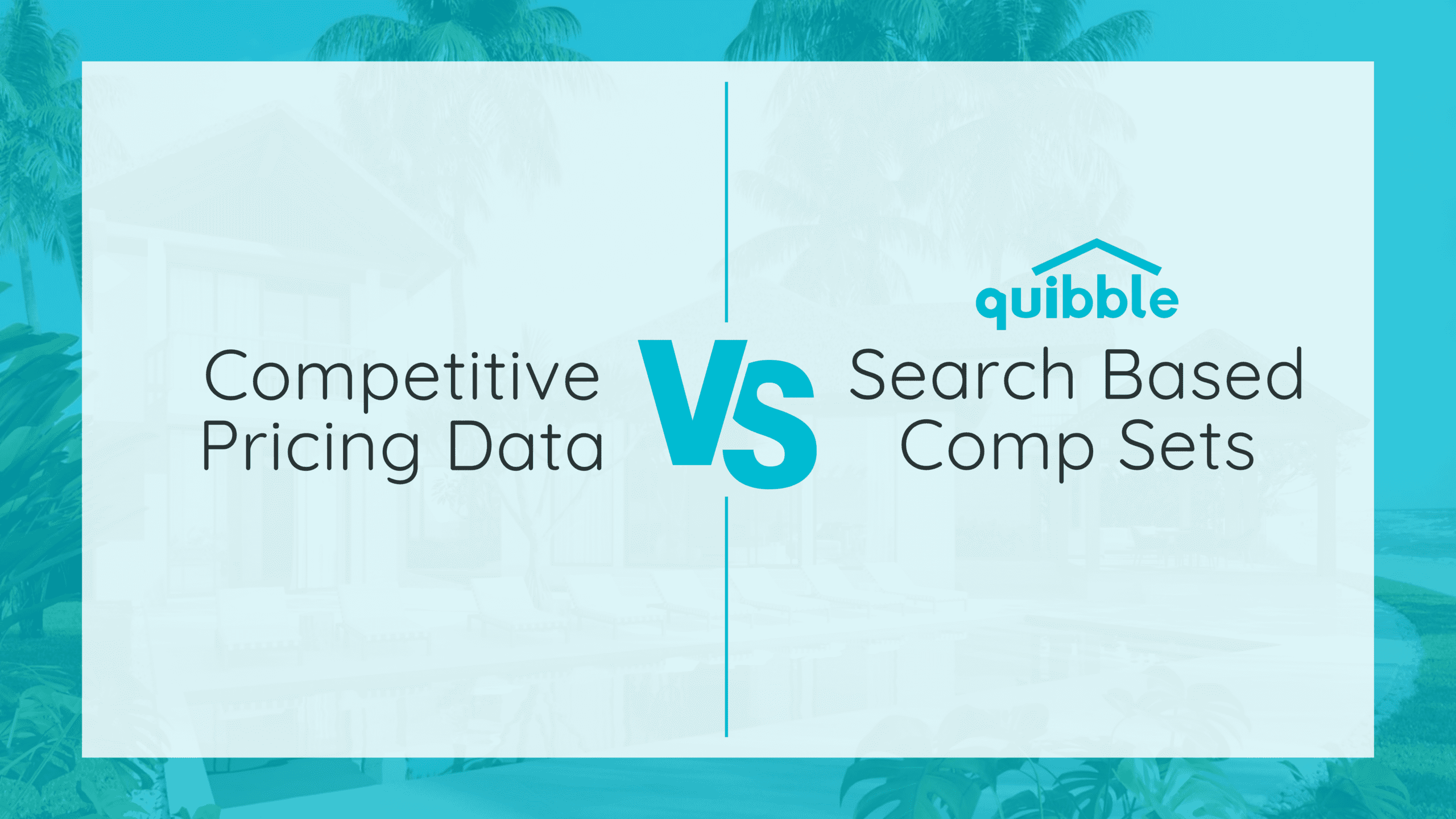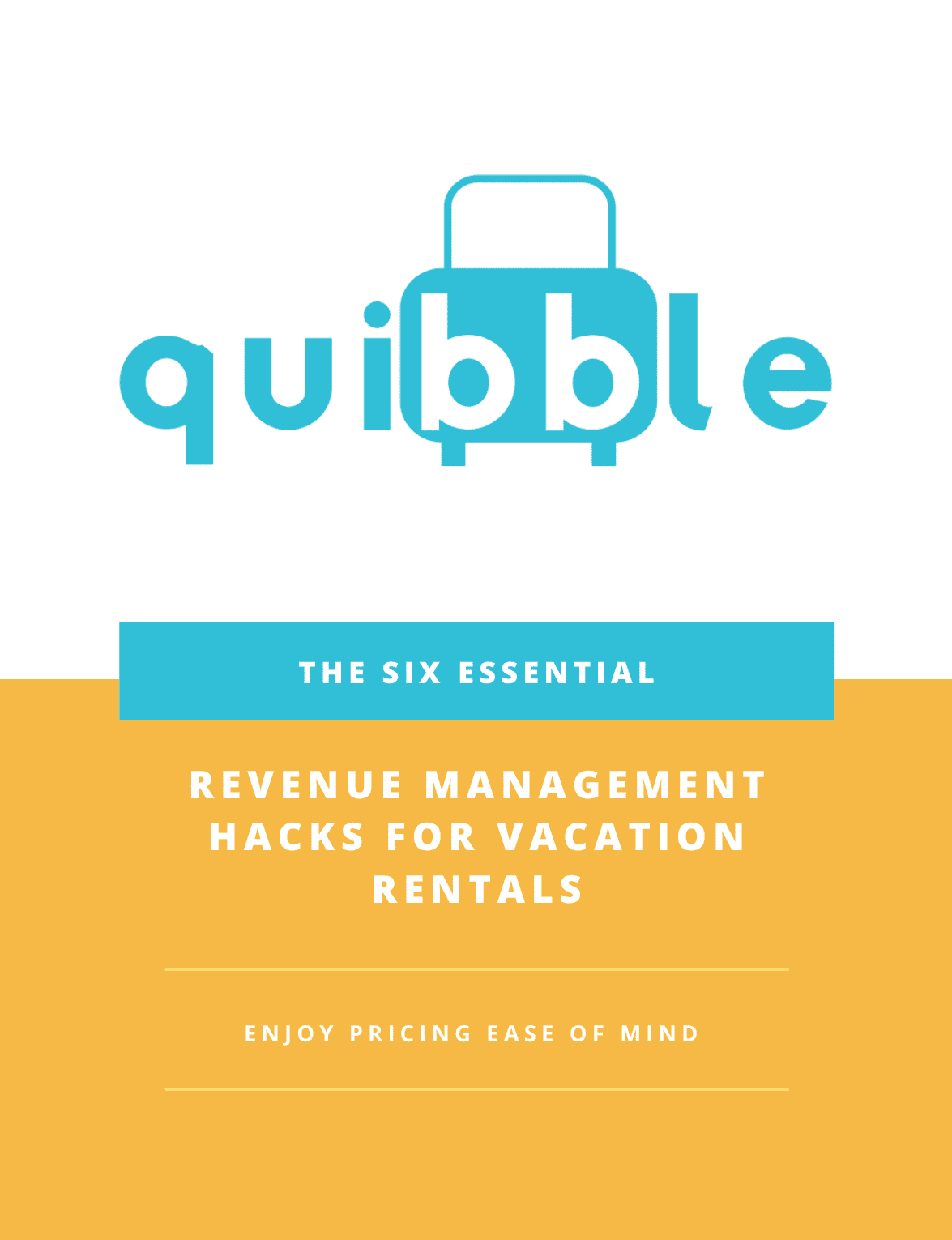When it comes to property management, pricing is a crucial factor that can make or break a business. Unfortunately, it’s all too common for property managers to make pricing mistakes that end up costing them in the long run. Some of the most common mistakes include underpricing, overpricing, not adjusting prices, and not being transparent with guests. In this blog post, we’ll explore why these mistakes happen and how property managers can avoid them.
1. Underpricing
One of the biggest mistakes property managers make is underpricing their properties. This might seem like a good idea at first, as it can attract more guests and help fill vacancies quickly. However, underpricing can ultimately hurt the business in the long run. When properties are underpriced, it can be difficult to generate enough revenue to cover expenses and make a profit. Additionally, underpricing can be perceived as a sign of low quality, which can actually drive potential guests away.
2. Overpricing
On the flip side, property managers also risk overpricing their services. This can happen when managers overestimate the value of what they offer and set prices too high. Overpricing can lead to low occupancy rate, as potential guests may choose cheaper options. It can also damage the reputation of the business, as guests may perceive the high prices as unfair or unreasonable.
3. Not adjusting prices
Another common pricing mistake property managers make is not adjusting their prices over time. Market rates can change, expenses can increase, and profit margins can shrink. Whether it’s due to laziness or lack of knowledge, many managers keep prices stagnant even as the market changes. As a result, they miss out on potential revenue and may fall behind competitors who are more proactive about adjusting prices.
4. Not being transparent
Finally, some property managers make the mistake of not being transparent with their guests about pricing. This can manifest in a few different ways, such as hidden fees or surprise charges. When guests feel like they’re being misled or tricked, it can erode trust and lead to negative reviews or referrals.
So how can property managers avoid these pricing mistakes?
First, it’s important to do thorough research on the local market and competition before setting prices. Know more about your competitors here. This can help property managers avoid underpricing and overpricing, as they’ll have a better understanding of what guests are willing to pay. It’s also important to review pricing regularly and make adjustments as needed.
Additionally, property managers should aim to be transparent with their guests about pricing. This means being upfront about any fees or charges and making sure guests are aware of any changes in pricing. When guests feel like they’re being treated fairly and honestly, they’re more likely to stay longer and refer others.
Or take off the pressure by trying Quibble for FREE. Our company consists of seasoned professionals in pricing and revenue management, the travel and hospitality sectors, and forecast analytics. We use a scientific approach to interpret market data and key factors, and uncover the ideal prices for you.
💎 Conclusion

Pricing your properties can be a challenge, but avoiding these common pricing mistakes can help you ensure that you’re charging a fair price for your properties and maintaining a healthy profit margin. By researching market rates, regularly adjusting your prices, implementing dynamic pricing strategies, and being transparent with your fees, you can avoid these pitfalls and build a successful property management business.
In the world of short-term vacation rentals, there’s a vast sea of data out there. However, not all of it holds equal value or reliability. Most analytic data comes from internet robots, which aren’t always trustworthy. But fear not! You already have the most reliable data source – your reservation records. If you need assistance unlocking or utilizing your data, feel free to reach out to us at hello@quibblerm.com. We’re excited to hear from you!
Join our newsletter
Dominate the short-term rental market with cutting-edge trends










